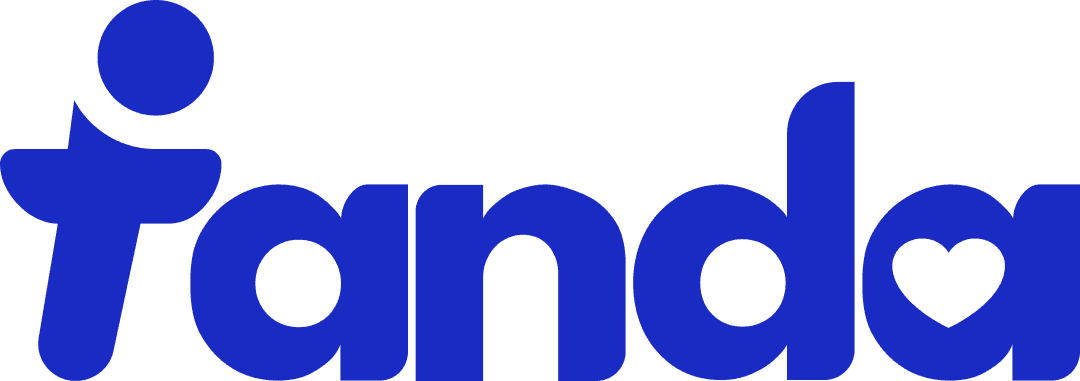How CRM Tools Can Help You Manage Early Support from Close Circle Connections
Make the Most of Early Support from Your Inner Circle

Starting something new is exciting. You might be building a business, testing an idea, or launching a project you’ve been thinking about for a while. In the early days, you probably don’t have customers yet, but you do have something just as important: people who believe in you. They’re your friends, family, former coworkers, and people already in your circle.
They’re often the people who say:
“Let me know how I can help.”
“Happy to test it when you’re ready.”
“I know someone you should talk to.”
That kind of support is amazing, but it can be hard to keep track of. You might forget who offered what, miss a chance to follow up, or lose a message in a long thread. That’s where a CRM (Customer Relationship Management) tool can really help. Here’s how:
1. Keeping Everyone in One Place
When you’re starting something new, conversations happen everywhere—over text, email, coffee chats, DMs, or random catch-ups. People offer help in all sorts of ways, and without a place to collect those offers, it’s easy to forget who said what.
A CRM gives you one place to keep track of everything.
You can:
- Add each person as a contact
- Write down what they offered to do or what you talked about
- Set reminders to follow up later or send an update
No more searching through old messages or wondering, “Wait, who said they knew someone at that company?” It’s all right there, and easy to find when you need it.
2. Grouping People Based on How They Can Help
Not everyone helps in the same way. Some people are happy to test what you’re building. Some might introduce you to others. Some might give feedback, and others just want to cheer you on from the sidelines.
A CRM lets you group your contacts in ways that make sense to you. You might create tags or categories like:
- Early testers
- Warm intros
- Investors or potential backers
- Personal support
This way, when you need something specific - like quick feedback on your homepage or a warm intro to someone in tech - you can easily find the right people to ask. It saves you time and keeps your communication relevant and respectful.
3. Remembering Conversations Over Time
Support often doesn’t come in just one message or meeting. It’s a conversation that evolves. Someone who gave feedback a month ago might follow up with a connection today. Another person might circle back in a few weeks with a new idea or suggestion.
A CRM helps you keep a full record of those interactions. You can:
- See everything you’ve talked about in one place
- Keep track of your replies and their responses
- Avoid repeating yourself or forgetting important details
It makes it easier to pick up the conversation where you left off, keep the connection going, and show people you’re paying attention.
4. Making Follow-Ups Easier
Someone offers to help - an intro, a review, a test - but then things go quiet. It happens all the time. People mean well, but life gets busy.
Instead of guessing when or how to reach back out, a CRM gives you structure.
You can:
- Schedule a reminder so you don’t forget to reconnect
- Set alerts tied to key moments, like a launch or new release
- Keep notes on what you last discussed, so your follow-up feels relevant
This keeps your support circle active and engaged without you having to chase people all the time.
5. Keeping People in the Loop to Build Loyalty
People who support you early on usually want to know how things are going. They like seeing progress and feeling like they’re part of something.
A CRM helps you stay in touch in small but meaningful ways. You can:
- Send updates when you hit milestones
- Share early access to a product or idea
- Say thank you - through a message, a shoutout, or even a small gift
These touches build loyalty. They remind people that their support mattered, and they make it more likely they’ll stay involved down the road.
6. Measuring Your Outreach Efforts
In the early stages, every relationship counts - but it’s hard to know what’s working if you’re not keeping track. A CRM lets you see patterns and improve how you manage your network.
You can:
- Track how many people you’ve followed up with
- See which types of outreach get the best responses
- Identify which contacts are most engaged or helpful
Over time, this gives you a better sense of where to focus, who to lean on, and how to grow your network in a more intentional way.
7. Collecting Feedback in One Place
Early feedback can shape what you build and how you talk about it. But if you’re getting it through lots of different channels, it can be hard to keep track, or easy to forget great suggestions.
A CRM lets you:
- Keep notes about feedback tied to each person
- Spot common themes across your contacts
- Go back and revisit advice when you’re ready to make changes
Instead of trying to remember what someone said about your pricing page or app flow, you can look it up and use it when it’s most helpful.
8. Turning Casual Offers Into Action
Sometimes people say things like “Let me know if you ever need an intro” or “I’d love to hear more once you launch.” These are great signals - but they’re also easy to let slide.
With a CRM, you can:
- Set a task or reminder to follow up when the time is right
- Keep a list of people to invite when you’re ready
- Make sure good intentions actually turn into support
It helps you move from “someday” conversations to real action.
Final Thoughts
The people who support you early on can play a big role in your success - but it’s up to you to keep those relationships strong. A CRM tool helps you stay organised, keep track of conversations, follow up on offers of help, and make people feel appreciated. Instead of relying on memory or scattered notes, you’ll have a simple system to stay connected and turn early interest into lasting support.
